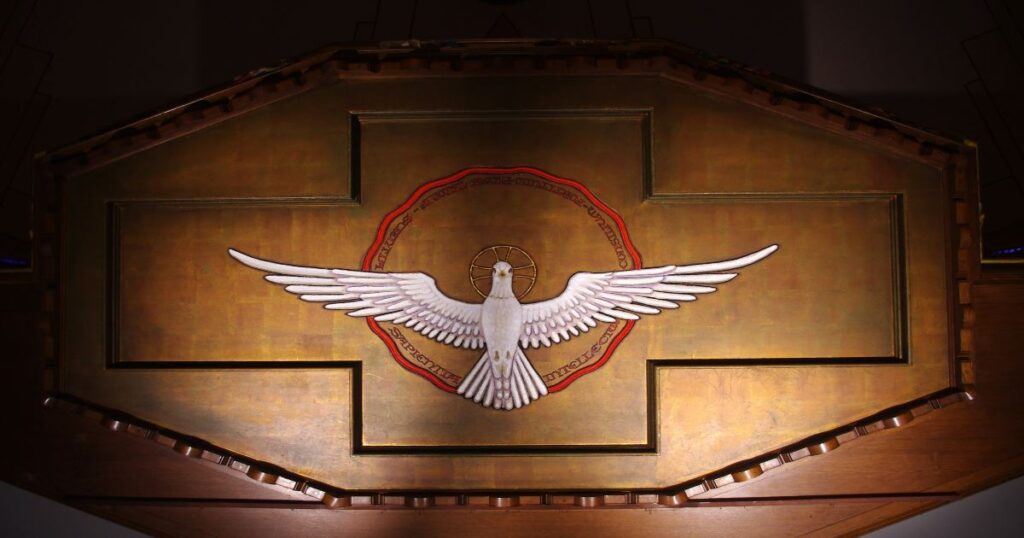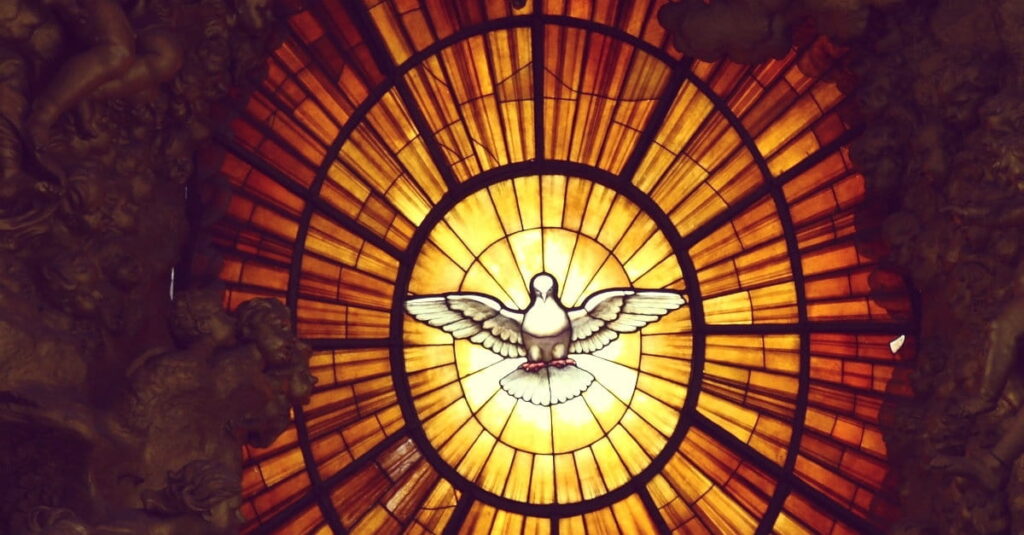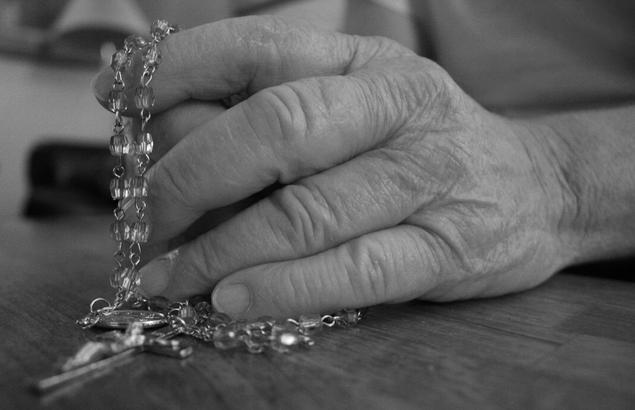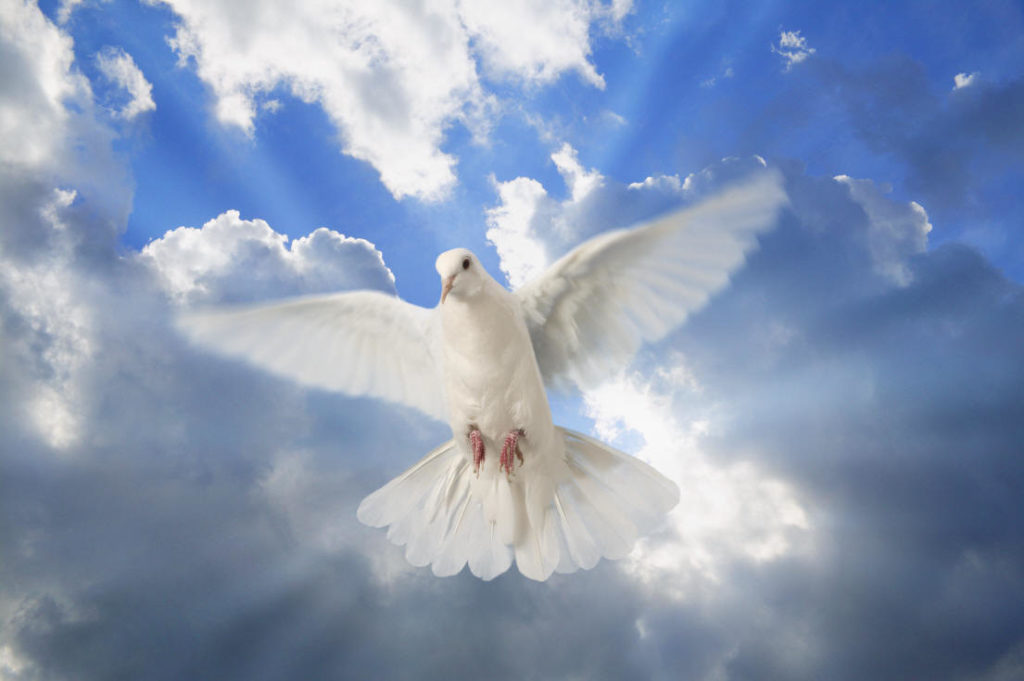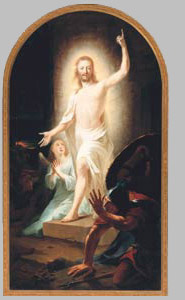Who do You Say I am?
Challenging His Disciples On Feb. 22nd’s Gospel (Yes, I know I’m way late), Jesus asked his disciples two questions — “Who do others say I am?” and “Who do you say I am?” He got two different responses. To the first question, people said he’s a prophet. To the second, Jesus is the Messiah (Matthew […]
Who do You Say I am? Read More »


